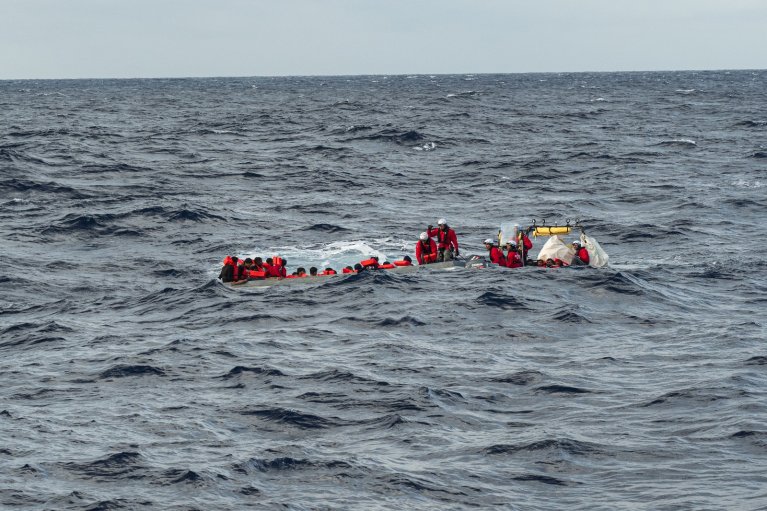The Ongoing Crisis of Greece Migrant Boats

Introduction
The issue of migrant boats arriving in Greece continues to hold significant relevance as Europe grapples with a humanitarian crisis. The long-standing migration routes through the Mediterranean have seen a rise in attempts to reach safety, primarily driven by conflict, persecution, and poverty in various countries. This article delves into the recent developments and the challenges faced by both migrants and authorities in Greece.
Recent Developments
As of late 2023, Greece has experienced a notable increase in the number of migrant boats arriving on its shores, particularly from regions in Africa and the Middle East. According to the Hellenic Coast Guard, over 15,000 migrants have been rescued or apprehended attempting to cross the Aegean Sea in the past quarter alone, representing a sharp rise from previous years. The perilous journey often involves overcrowded vessels and hazardous conditions, resulting in a tragic loss of life. Just last month, a boat capsized near the island of Lesbos, leading to the deaths of at least 20 people, a grim reminder of the dangers faced by those seeking refuge.
EU and Humanitarian Response
In light of the escalating crisis, the European Union (EU) is under pressure to revamp its approach to migration management. Greece has called for greater solidarity from fellow EU member states, advocating for a fair distribution of asylum seekers across the region. In response, EU policymakers are discussing potential enhancements to border security, as well as funding for humanitarian aid. However, criticisms continue regarding the inadequacy of the current measures and the bureaucratic delays that often hinder effective action.
Local Impact and Community Response
The influx of migrants has also impacted local communities in Greece, particularly on the islands closest to Turkey. Several towns have reported resource strain, as public services face increased demand from the growing population. Local NGOs and volunteer organisations have stepped up efforts to provide immediate assistance, including food, medical attention, and counselling services to newly arrived migrants. However, tensions can emerge between locals and newcomers, necessitating careful management of resources and integration initiatives.
Conclusion
The situation surrounding Greece migrant boats is complex and multifaceted, revealing the intersection of humanitarian needs and political challenges. As winter approaches, the urgency for a cohesive response from the EU and relevant stakeholders becomes even more pressing. Moving forward, it is crucial for member states to collaborate in developing sustainable migration policies that not only ensure the safety and dignity of migrants but also address the concerns of local communities. The future stability of Greece and its role in the Mediterranean migration landscape hinges on these collective efforts.








